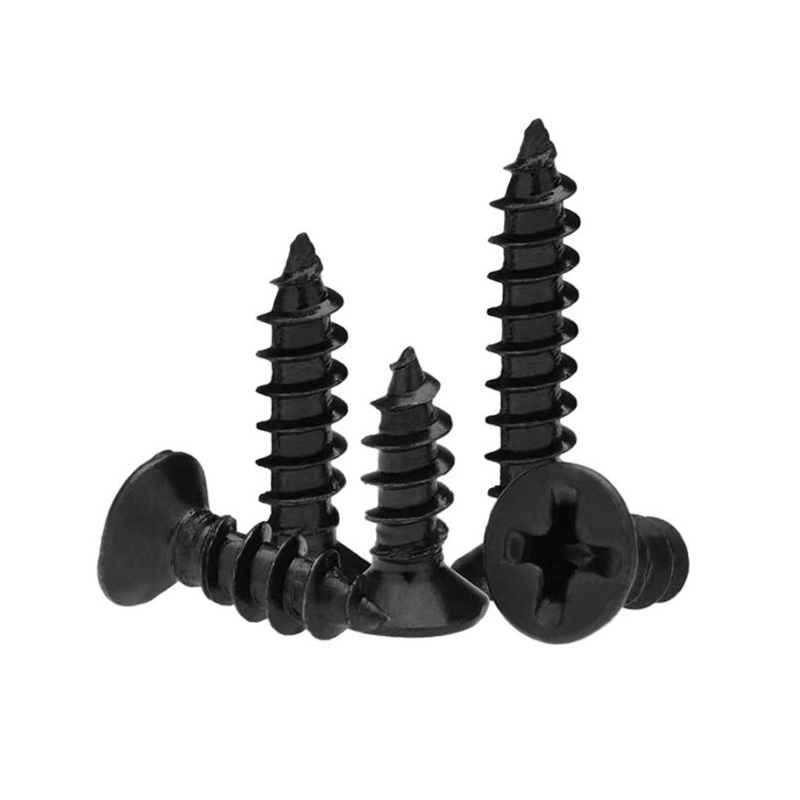Are there any special considerations when using drywall screws with metal studs instead of wood studs?
When it comes to installing drywall, whether for construction or renovation projects, the choice of fasteners plays a crucial role in ensuring a secure and durable finish. Drywall screws are the go-to choice for affixing drywall sheets to studs, offering reliability and ease of installation. However, when working with metal studs instead of traditional wood studs, special considerations come into play to achieve optimal results.
Understanding the Difference:
Drywall screws for metal studs differ from those used with wood studs in several key aspects. These screws are specifically engineered to accommodate the unique characteristics of metal studs, offering enhanced performance and durability.
Special Considerations:
Screw Type Selection: It's essential to use drywall screws explicitly designed for metal studs. These screws typically feature sharper points and finer threads to effectively penetrate the metal surface without causing damage or distortion.

Pilot Hole Drilling: While drywall screws for metal studs are self-drilling to some extent, drilling pilot holes is advisable, especially in thicker gauge metal studs or near the edges. This helps prevent the metal from bending or distorting during Drywall screws insertion, ensuring a snug fit and secure attachment.
Thread Engagement: Pay close attention to the thread engagement when driving screws into metal studs. Ensure that the threads fully engage with the metal to provide sufficient grip and prevent loosening over time. Avoid overtightening, as this can strip the threads or cause deformation of the metal studs.
Spacing and Quantity: Metal studs may require closer spacing of drywall screws compared to wood studs to provide adequate support for the drywall sheets. Follow manufacturer recommendations or building codes for proper screw spacing and quantity to ensure structural integrity.
Potential for Movement: Metal studs may exhibit more flexibility and movement compared to wood studs, particularly in seismic zones or areas prone to vibrations. Consider using additional fastening methods, such as adhesive or resilient channels, to mitigate potential movement and ensure the stability of the drywall installation.
Corrosion Resistance: In moisture-prone environments like bathrooms or basements, opt for corrosion-resistant drywall screws to prevent rust and degradation over time. This ensures longevity and maintains the integrity of the installation despite exposure to moisture.
Related products
-

Round Head Cross Self-Tapping Screw
-

Countersunk Cross Self-Tapping Screw
-

Countersunk Cross Shaped Fiberboard Nail
-

Large Flat Head Plum Blossom Groove Grass Rope Nail
-

10.9 Grade Flange Outer Hexagonal Fine Thread Bolt
-

304 Stainless Steel U-Shaped Screw
-

Various Models Of U-Shaped Screws
-

Hexagon Weld Nuts
-

Hexagonal Galvanized Nut
-

304 Stainless Steel Hex Nut
-

Stainless Steel Outer Hexagonal Bolt
-

410 Stainless Steel Outer Hexagonal Drill Tail Screw

 English
English  English
English 中文简体
中文简体 русский
русский


